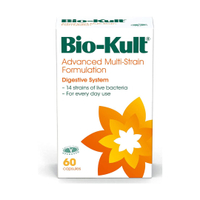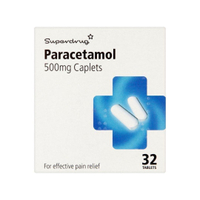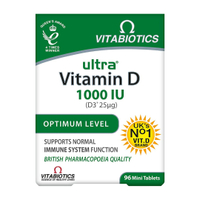How to nip a cold in the bud, if you're feeling grim
Handy hacks to get you back to health.
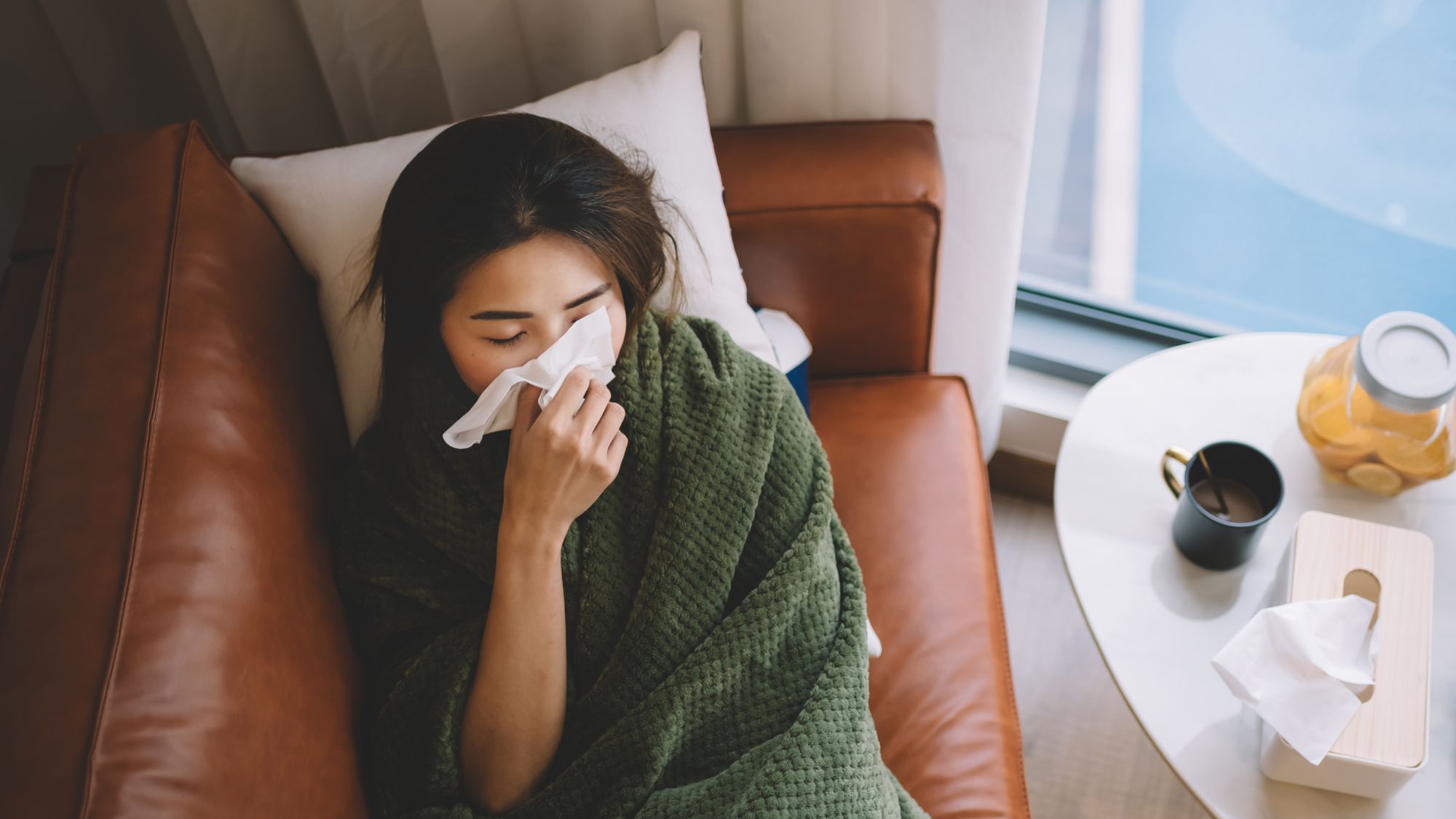
Wondering how to nip a cold in the bud? This time of year the common cold is pretty common and everyone's in the firing line.
Fun fact for you: most of us will have at least two colds this year – queue the snotty ordeals that turn us into sniffling zombies clutching bottles of Olbas Oil and packets of tissues.
There are 200 different types of the common cold virus. "When these viruses get into your nose, they irritate the lining, causing it to produce mucus to try to expel the bad stuff," says clinical scientist Professor Peter Openshaw. "The virus sticks to the cells in the nose then ruptures, travelling to the airways and other parts of the upper respiratory tract, including the throat."
Keen to know how to nip a cold in the bud? Keep scrolling - and don't miss our guides to the symptoms of depression, seasonal affective disorder, and symptoms of anxiety, while you're here.
How to nip a cold in the bud: your guide
1. Hand sanitise and wash your hands regularly
So, how to nip a cold in the bud. First things first - prevention is better than cure, shares one expert. "Alcohol-based hand sanitisers are more effective than you think," says Dr Adam Simon, GP and medical officer at Pushdoctor. "Washing your hands regularly is always a good idea but be aware that antibacterial soaps don’t kill viruses and as such won’t prevent the spread of colds."
2. Be sure to rest
"The best way to prevent a cold outbreak is for the person who has the virus to stay at home and rest," Simon continues.

3. Avoid fad products
You might have heard that Vitamin C is a cure-all when you've got a cold, but the experts aren't so convinced. "Research shows that vitamin C is only really effective in the prevention of colds when the human body is under significant stress – for example in soldiers or long-distance runners," says Dr Ashton Harper, medical advisor for pharmaceutical company Protexin. Professor Openshaw agrees, adding: "The vitamin C myth really doesn’t have a good scientific basis. There’s no harm in it, but it is not a cure."
Similarly, there’s no good evidence that cough medicine actually works, shares Dr Davina Deniszczyc, medical executive director at Nuffield Health. "But, interestingly, in clinical studies, placebos (sugar pills) work really well."
Indeed, research from the University of Wisconsin found that when patients received a placebo pill that they believed contained echinacea, their illnesses were substantively shorter and less severe. Basically, whatever your medicine of choice is, if it’s safe and seems to work for you, stick with it.
4. But do stock up on remedies that work
For example, zinc lozenges have been scientifically proven to work. One study by Helsinki University found that they can shorten a cold by about four days. "Don’t exceed 100mg of elemental zinc per day," advises lead author of the study Dr Harri Hemila.
Probiotics have also been found to help. "The majority of our immune system is in our gut," says Dr Harper. "Probiotics have been shown to significantly reduce the severity of cold symptoms."
If none of that works, Professor Johnston advises aiming for relief, instead of prevention. "If nothing is preventing a cold, aim for symptom relief. One Southampton University study found paracetamol was superior to ibuprofen when it comes to treating colds," he shares.
Bio-Kult Advanced Multi-Strain Formulation for Digestive System - 60 tablets for £10.93
Choose a high-quality multi-strain product, recommend the experts.
5. Try a warm compress
If you're trying to nip a cold in the bud, warm compress," says health professor Dr Laura Ginesi. "A hot flannel wrung out and placed on your forehead and over the bridge of your nose, may help to relieve some of the pressure from blocked sinuses."
6. Drink plenty of fluids
Similarly, making sure you're hydrated and drinking enough water is important if you feel a cold coming on. "Drink plenty of fluids," advises Boots pharmacist Angela Chalmers. "It’s easy to get dehydrated when you’re ill due to fluid loss caused by having a high temperature and increased nasal secretions."
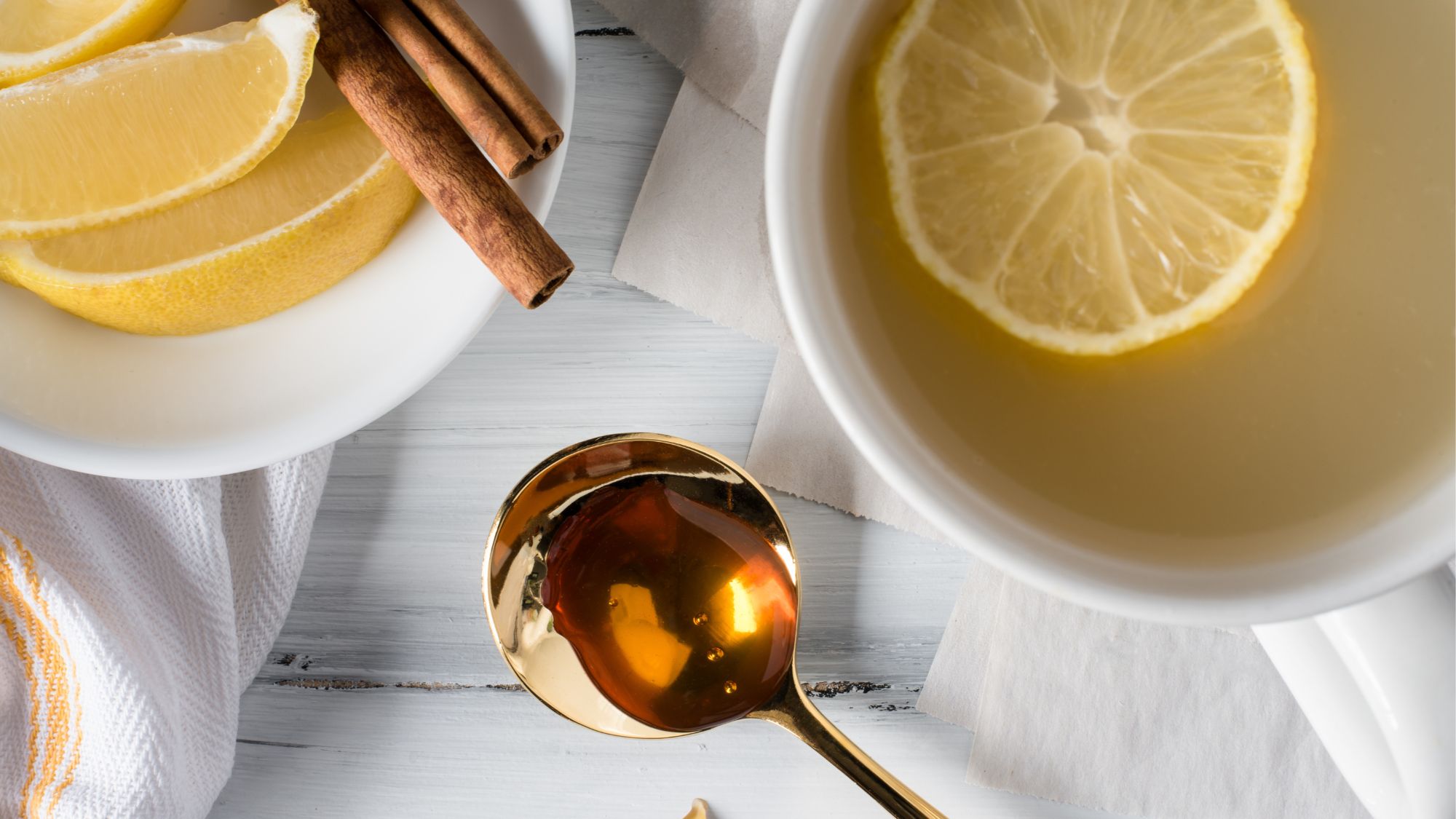
7. Take plenty of Vitamin D
"A lot of people are deficient in vitamin D in the UK and there’s evidence from the Massachusetts Institute of Technology which shows that boosting it can help resistance to infection," says Professor Johnston.
The research shows in order to activate an immune response, vitamin D must kick-start T cells in our body, which can attack and neutralise the threat.
8. Use vapour rub
"Put vapour rub on the soles of your feet and wear socks on top," advises Chalmers. "Many people swear by this to help relieve a cough at night."
9. Load up on vitamins and nutrients
You'll have read that loading up on foods high in vitamins and minerals is important when you're feeling under the weather, largely because they're packed full of vitamins and minerals, which can boost your immune system.
Chicken soup has also been scientifically found to help fight colds, with two research studies finding that it not only clears nasal congestion but thins mucus, too.
10. Try steam inhalation
Steam inhalation is great for nipping a cold in the bud.
Sure, it might sound old-fashioned, but it’s a powerful way to help clear mucus and soothe irritated airways, advises Chalmers.

11. Sleep with an extra pillow
Simple, cost-effective if you have a spare pillow, and highly effective.
"When you have a cold, sleep with an extra pillow, as this will help with the drainage of nasal passages," recommends Chalmers.
12. Stay positive
This one might feel surprising but it's to do with hormone release. "Maintaining a positive mental attitude can help prevent illness," says Justin Jones, national physiology manager at Nuffield Health. "This is because we release different hormones depending on our outlook. Thinking positively has been proven to release the immune-boosting hormone DHEA, while thinking negatively releases the immune-suppressing hormone cortisol."
Who knew? The more you know..
Is a cold the same as the flu?
It's not - cold and flu (short for influenza) are both contagious respiratory illnesses, however they're triggered by different viruses.
Both viruses attack the cells of the adenoids at the back of your throat, spreading to cells in the rest of the upper respiratory tract (ie, the nose, throat, pharynx and larynx).
"If you have more severe symptoms, a fever of 39.5 and you’re aching all over, it’s more likely that you've got flu," says Sebastian Johnston, professor of respiratory medicine and allergy at Imperial College London. "But flu only really happens during annual epidemics – we normally have one every year [from October to May], they vary in severity and will last six to eight weeks in more highly populated parts of the country before spreading."
Currently, the World Health Organisation (WHO) recommends the flu jab for pregnant women, health workers, people over 65 (or under five) and those with chronic health conditions. But it is available for everyone (ask your GP) and is the only reliable protection.
Can common colds be spread by kissing?
Yes, but more than that, you don’t need to kiss or even touch a stranger to pick up the germs. "The virus particles of the common cold are spread through the small droplets of saliva in the air when someone with the infection coughs, sneezes or even laughs or talks," says GP Dr Sarah Brewer.
"The particles are propelled at an estimated speed of around 100mph and can travel for many metres (research shows that a single cough would fill about three-quarters of a two-litre bottle with air containing 3,000 droplets of potentially infectious saliva). They may then enter a nearby person’s body through the eyes, nose or mouth."
In addition, germs from their hands linger long after they’ve gone, contaminating surfaces such as door handles, escalators and keyboards on which the virus is able to survive.
Is the number of colds you get down to genetics?
Partly. "We all have what we call innate immune systems, which protect us against viruses we’ve never seen before," says Professor Johnston. "We also have acquired immunity, where our bodies 'learn' from infections we’ve seen previously and have immunity to them, such as mumps or chickenpox."
The number of colds we get depends on how strong both these immune systems are. "People vary depending on their genetic make-up and there are at least 40 genes found to control our immune defences," adds Professor Openshaw. "So you may simply be lucky or unlucky in terms of the pattern you’ve inherited."
Marie Claire Newsletter
Celebrity news, beauty, fashion advice, and fascinating features, delivered straight to your inbox!

Jenny Proudfoot is an award-winning journalist, specialising in lifestyle, culture, entertainment, international development and politics. She has worked at Marie Claire UK for seven years, rising from intern to Features Editor and is now the most published Marie Claire writer of all time. She was made a 30 under 30 award-winner last year and named a rising star in journalism by the Professional Publishers Association.
-
 This divisive Nineties trend just got a high-fashion makeover
This divisive Nineties trend just got a high-fashion makeoverAll the cool girls are wearing babydoll dresses again
By Sofia Piza
-
 These are without a doubt the best wedding dress shops in London
These are without a doubt the best wedding dress shops in LondonThe search for your dream bridal look is over
By Jazzria Harris
-
 Road To Recovery: I won't be making the London Marathon start line. But that doesn't mean the dream is dead
Road To Recovery: I won't be making the London Marathon start line. But that doesn't mean the dream is deadThis year’s mood? Patience, persistence and the power of a keep-on-keeping-on-attitude.
By Ally Head


